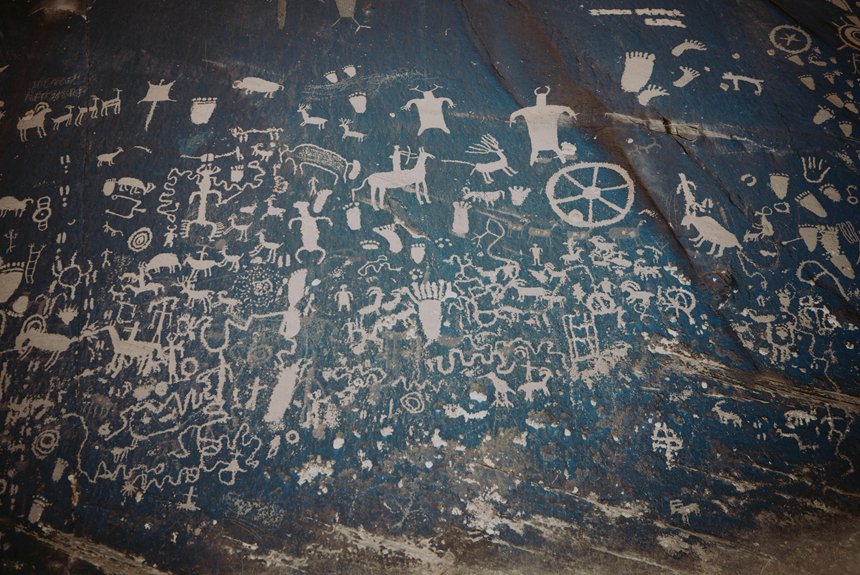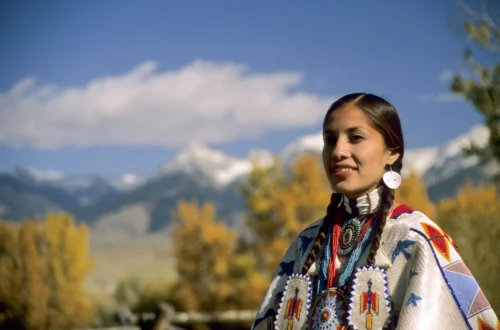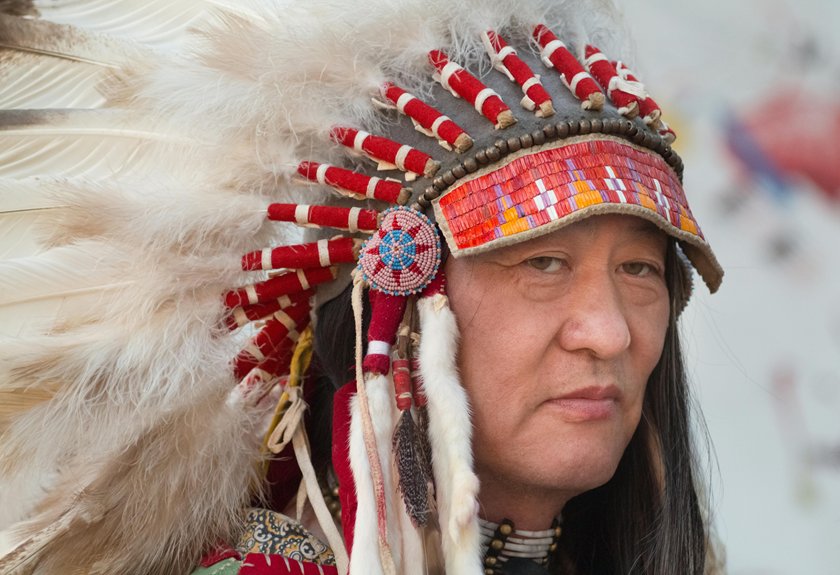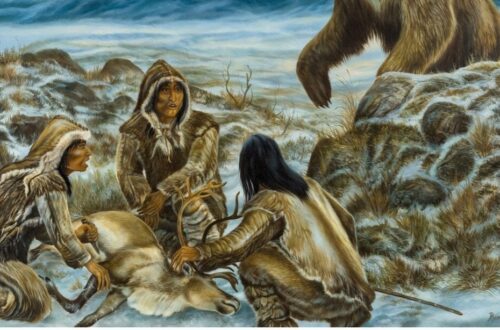You might think Native Americans gained the right to vote with the Indian Citizenship Act of 1924, but that wasn’t the whole story. Many states found ways to keep Native voters from the polls for decades after. The fight for true voting rights didn’t really gain momentum until the Civil Rights Movement. Understanding this complex history reveals the ongoing struggles for representation and acknowledgment in the electoral process today. What led to these challenges, and how do they resonate now?
Early Legal Status of Native Americans
Although many people mightn’t realize it, the early legal status of Native Americans was fraught with contradictions and challenges that denied them basic rights, including the right to vote.
For much of American history, Native Americans were viewed as foreign entities, not citizens, which excluded them from participating in the democratic process. Treaties and laws often recognized tribes as sovereign nations, yet this recognition was inconsistent.
You’d find that many states implemented laws specifically aimed at disenfranchising Native voters, reflecting deep-rooted prejudice. The struggle for rights wasn’t just about voting; it was about acknowledging their humanity and sovereignty.
Understanding this complex history is essential in advocating for equitable treatment and ensuring that Native voices are heard in today’s political landscape.
The Dawes Act and Its Implications
The Dawes Act of 1887 aimed to assimilate Native Americans into American society by allotting individual plots of land to tribal members, yet it ultimately undermined tribal sovereignty and community cohesion.
By breaking up communal lands, the Act stripped tribes of their traditional ways of life, promoting individualism over collective identity. You might find it striking that this policy led to the loss of over 90 million acres of Native land by the 1930s.
The Act not only facilitated land seizure but also fostered divisions within tribes, weakening their social fabric. Understanding these implications is essential, as the legacy of the Dawes Act still resonates today, reminding us of the need to respect and support Native communities in their ongoing struggles for rights and recognition.
The Indian Citizenship Act of 1924
As the United States grappled with its identity in the early 20th century, the Indian Citizenship Act of 1924 emerged as a crucial turning point for Native Americans. This landmark legislation granted U.S. citizenship to all Native Americans born in the country, yet it didn’t automatically guarantee their voting rights.
Here are three key aspects of the Act:
- Recognition: It recognized Native Americans as U.S. citizens for the first time.
- Limited Impact: Many states still found ways to disenfranchise Native voters despite their newfound citizenship.
- Cultural Significance: The Act symbolized a shift toward acknowledging the rights of Indigenous peoples, sparking ongoing advocacy for equality and representation.
This act laid the foundation for future struggles and triumphs in the fight for voting rights.
State Laws and Voting Restrictions
While the Indian Citizenship Act of 1924 marked a significant milestone, state laws continued to create barriers that undermined Native Americans’ right to vote. Many states implemented discriminatory practices like literacy tests, poll taxes, and residency requirements, effectively disenfranchising Indigenous voters.
Even after the Act, some states claimed jurisdiction over Native lands, complicating voting access. These restrictions weren’t just bureaucratic; they reflected deep-seated biases against Native peoples.
You might find it shocking that even into the 1960s, some Native Americans faced significant hurdles to participate in elections. Advocacy efforts emerged, demanding fair treatment and equal access.
Understanding this historical context is vital, as it reveals the ongoing struggle for voting rights among Native communities and highlights the need for continued advocacy.
The Impact of World War II
World War II greatly altered the landscape for Native American voting rights, as many Indigenous individuals served in the military, fighting for a country that had often denied them basic rights.
This service catalyzed change in several ways:
- Increased Visibility: Native soldiers returned home with new perspectives, demanding respect and recognition.
- Legal Challenges: Their experiences prompted legal advocacy, challenging discriminatory laws at local and state levels.
- Civic Engagement: Returning veterans inspired greater community involvement, encouraging others to pursue their voting rights.
These shifts laid the groundwork for future advancements.
The war not only highlighted their sacrifices but also ignited a push for equality, forever altering the perception of Native American citizenship and the right to vote.
The Civil Rights Movement and Native Activism
The Civil Rights Movement of the 1960s served as a powerful catalyst for Native American activism, igniting a renewed fight for voting rights and broader social justice.
You’ll see how Native leaders, inspired by the struggle for equality, organized protests and campaigns to highlight the injustices faced by Indigenous communities.
Groups like the American Indian Movement (AIM) emerged, focusing on civil rights, land sovereignty, and cultural preservation. They fought against systemic discrimination and fought for recognition within the broader civil rights framework.
By aligning with other marginalized groups, Native activists emphasized the urgency of their plight, advocating for not just voting rights, but also social and economic justice.
This era marked a vital turning point in Native American advocacy and empowerment.
The Voting Rights Act of 1965
As the Civil Rights Movement gained momentum, the passage of the Voting Rights Act of 1965 marked a pivotal moment for Native Americans and other marginalized groups seeking fair access to the ballot.
This landmark legislation aimed to eliminate racial discrimination in voting, offering vital protections that impacted Indigenous communities.
Consider these key aspects:
- End of Literacy Tests: The Act abolished discriminatory practices like literacy tests that disproportionately affected Native voters.
- Federal Oversight: It allowed federal oversight of voter registration in areas with a history of discrimination, ensuring equitable access.
- Empowerment: By affirming the right to vote, the Act empowered Native Americans to advocate for their rights and participate fully in democracy.
This moment was essential in the ongoing struggle for justice and representation.
Landmark Court Cases
While many landmark court cases have shaped the voting rights landscape for Native Americans, few have been as influential as *United States v. Wheeler* in 1978. This case underscored the sovereignty of tribal nations and affirmed that Native Americans could exercise their right to vote in federal elections.
The court ruled that tribes have the authority to determine their membership and governance, reinforcing their political identity. You should recognize how these decisions paved the way for increased political engagement among Native communities.
Following this, *Montana v. United States* further clarified voting rights within tribal lands. These cases collectively highlight the ongoing struggle for recognition and equity, emphasizing the importance of legal advocacy in securing your rights as a Native voter.
Ongoing Challenges to Voting Rights
Despite significant legal victories, Native Americans still face numerous ongoing challenges to their voting rights. You mightn’t realize how these obstacles persist:
- Voter ID Laws: Many states impose strict identification requirements that disproportionately affect Native voters, who may lack the necessary documents.
- Limited Access: Geographic isolation and inadequate resources make it harder for Native Americans to reach polling places, especially in rural areas.
- Cultural Barriers: Language differences and a lack of culturally relevant outreach can alienate Native voters, making them feel excluded from the electoral process.
These challenges remind us that the fight for voting rights is far from over. Advocating for equitable policies is essential to guarantee that every voice is heard and counted in our democracy.
The Importance of Native American Voting Today
Native American voting today holds immense significance, not just for tribal communities but for the entire fabric of American democracy.
When you engage in the electoral process, you elevate Native voices and guarantee that your unique perspectives shape policy decisions. Voting empowers you to advocate for issues like land rights, environmental protection, and healthcare access, which directly impact your communities.
Moreover, your participation counters historical disenfranchisement, affirming that Native Americans are integral to the nation’s democratic identity. As you cast your ballot, you honor the struggles of those who fought for these rights.
In every election, your vote is a powerful tool for change, fostering representation and promoting social justice for all. Embrace this opportunity—your voice matters.





